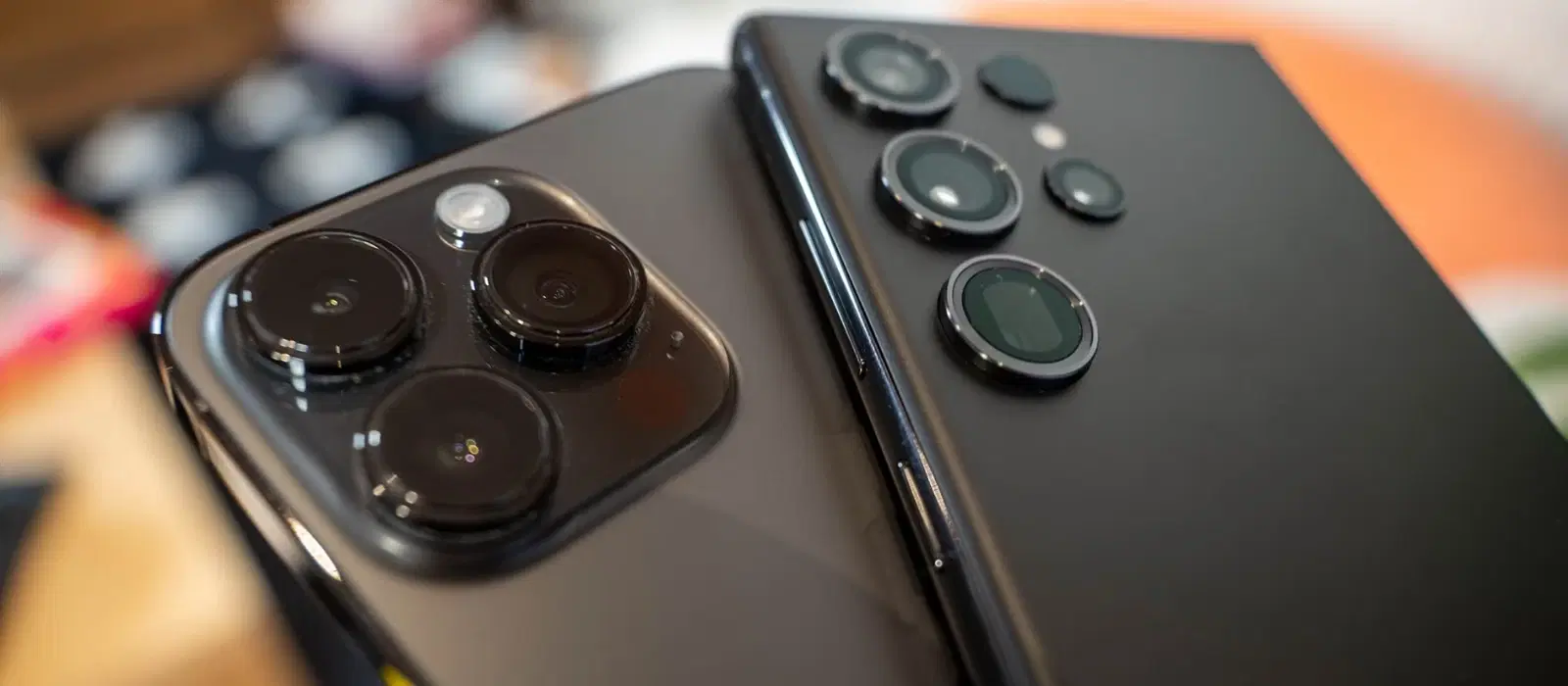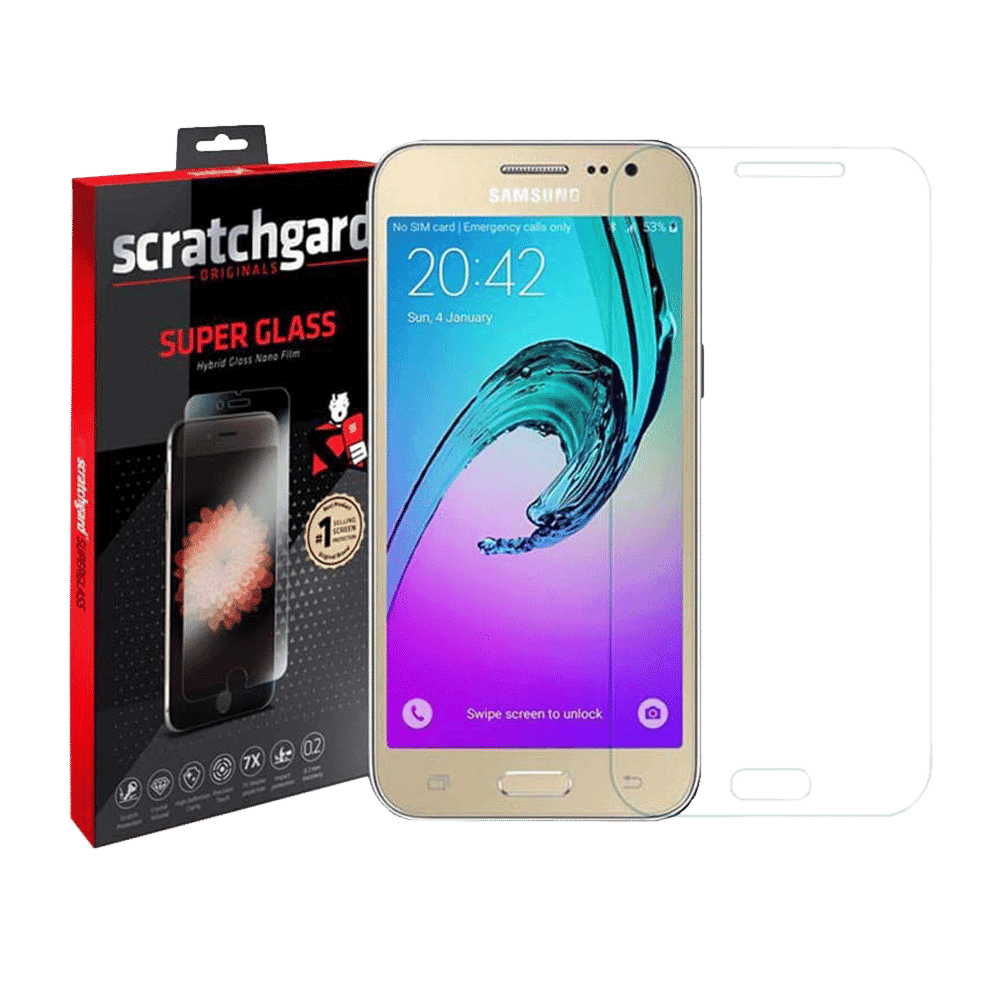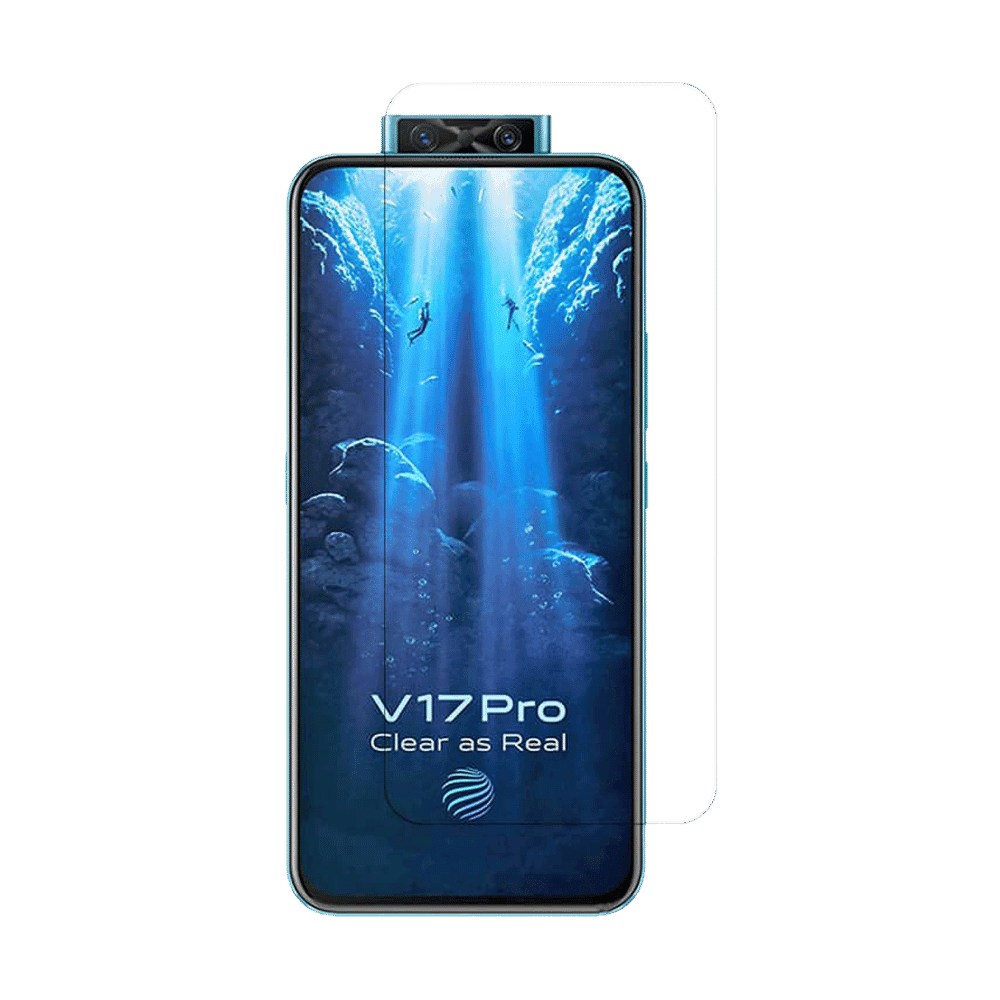
Consumer Electronics
•03 min read

Buy scratchgard Screen Protector for Samsung Galaxy J2 Pro (Fingerprint Resistant) online at best prices from Croma. Check product details, reviews & more. Shop now!
Protecting your camera's screen is essential for maintaining its functionality and appearance, especially if you are an avid photographer or content creator. In this post, we explain everything you need to know about a camera screen protector. You will learn about its benefits, the different types available, how to choose the right one, and tips for installation and maintenance.
A camera screen protector is a thin film or tempered glass layer that you apply on the display of your camera. Its purpose is to shield the screen from scratches, dirt, and accidental damage. Whether you are using a camera for professional shoots or casual photography, a durable camera screen protector helps preserve the clarity of your visuals.
Using an anti-scratch camera protector can significantly enhance the longevity of your camera screen. It not only protects your device from everyday wear and tear but also helps maintain the appearance and functionality of your screen. Additionally, keeping your device in pristine condition can improve its resale value in the future.
When selecting a camera screen protector, you typically choose between tempered glass and plastic protective films. A tempered glass option, often known as a durable camera screen protector or protective film for camera screen, provides a firm barrier against external damage. On the other hand, plastic films, including a clear camera screen cover, are lighter and sometimes offer easier application. Consider the pros and cons of each based on your usage and environment.
There are also specialized options available. Anti-glare protectors are ideal for outdoor photography, as they reduce reflections and ensure clear visibility in bright conditions. Clear protectors are favoured by many as they maintain an unaltered display quality while offering screen protection for cameras.

Buy scratchgard Screen Protector for Vivo V17 Pro (Fingerprint Resistant) online at best prices from Croma. Check product details, reviews & more. Shop now!
It is important to choose a camera screen protector that fits your specific camera model perfectly. Using a dedicated screen shield for cameras ensures that the protector covers the necessary areas without interfering with your camera's functions. Always check the dimensions and model compatibility before purchasing.
When shopping for a camera screen guard or lens screen protector, consider features like anti-scratch properties, anti-fingerprint coating, and ease of installation. A well-chosen protector not only safeguards your screen but also offers an enhanced user experience without compromising on touch sensitivity or clarity.
Finding the balance between durability and affordability is key. An investment in a high-quality, durable camera screen protector will pay off by reducing potential repair costs over time while preserving the display of your device.
Installing a camera screen protector correctly is crucial for its performance. Begin by cleaning the screen thoroughly to remove any dust or oils. Carefully align the protector with your camera display, and gently apply it from one edge, ensuring there are no bubbles or misalignments. Taking your time during this process will help you achieve a smooth, flawless finish.
Maintaining your camera display protector is simple yet important. Use a microfiber cloth along with a small amount of screen-cleaning solution to gently clean the surface. Avoid using abrasive materials that might scratch or damage the protector.
Insight Corner: "Did You Know?"
Did you know that using a high-quality tempered glass screen protector can reduce glare and improve visibility in bright conditions? This feature is especially useful for photographers who frequently shoot outdoors.

Buy ARROW Camera Duplex Screen Protector & Polycarbonate Back Cover Combo for SAMSUNG M11 (Anti Scratch Design, Black) online at best prices from Croma. Check product details, reviews & more. Shop now!
A camera screen protector is typically a thin film or tempered glass applied directly to the screen, while a camera screen cover may refer to an external accessory that protects the screen when the camera is not in use.
No, mobile camera screen guards are designed for smartphones and may not be compatible with DSLR cameras due to differing screen sizes and shapes.
Yes, an anti-scratch camera protector is essential for preventing permanent damage to your screen, especially when you frequently use your camera outdoors or in challenging conditions.
Use a microfiber cloth with a small amount of screen-cleaning solution to gently wipe the surface. Avoid abrasive materials that could damage the protector.
High-quality screen protectors are designed to maintain the original touch sensitivity, ensuring your camera’s touchscreen features work seamlessly.
At Tata Neu, we are committed to delivering products that enhance your shopping experience, while also allowing you to earn NeuCoins rewards on every purchase. Whether you are investing in advanced gadgets or accessories for your photography needs, our platform offers expert guidance and express delivery in selected locations for orders placed before 6pm—check availability to enjoy a hassle-free experience. This customer-first approach is designed to help you shop smartly and progress in life, knowing your investments come with reliable after-sales support and rewards that add genuine value.
In summary, a camera screen protector is a simple yet effective way to protect your device against scratches, dirt, and accidental damage. By understanding the different types, benefits, and how to choose and maintain one, you can ensure that your camera continues to perform at its best and retains its value over time. Discover more insights and trusted offerings on platforms that put customer needs at the forefront.